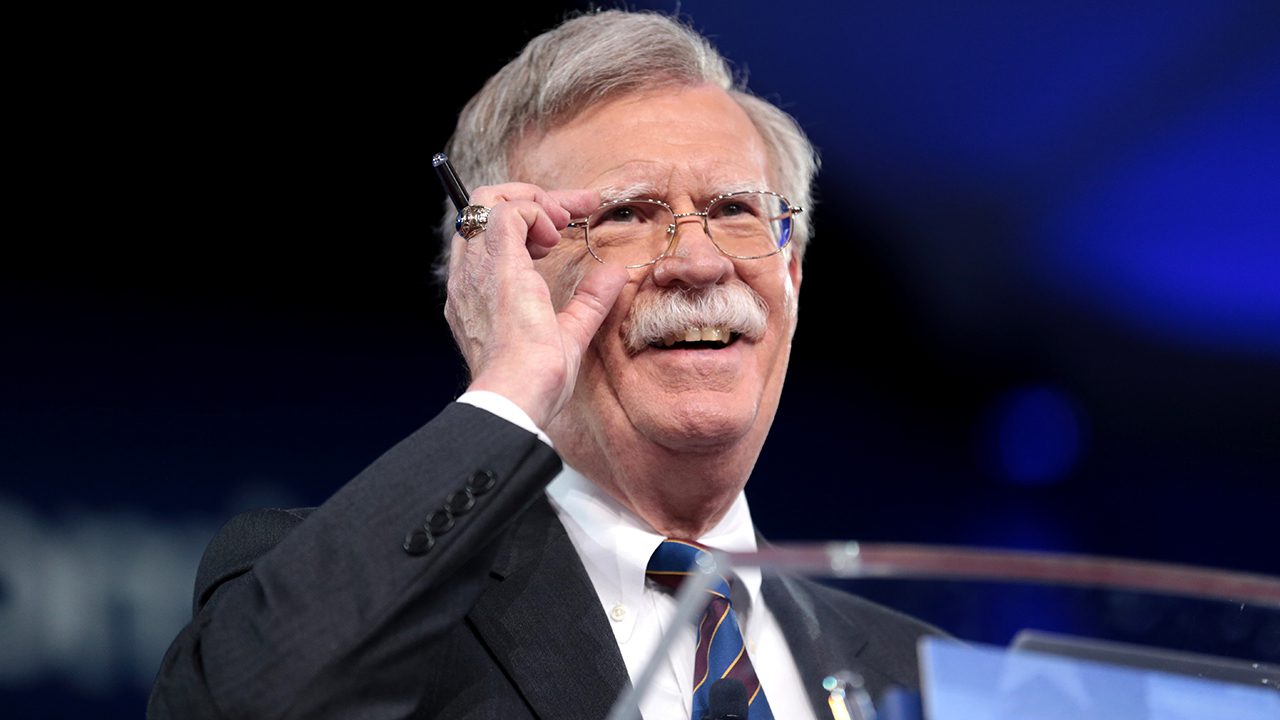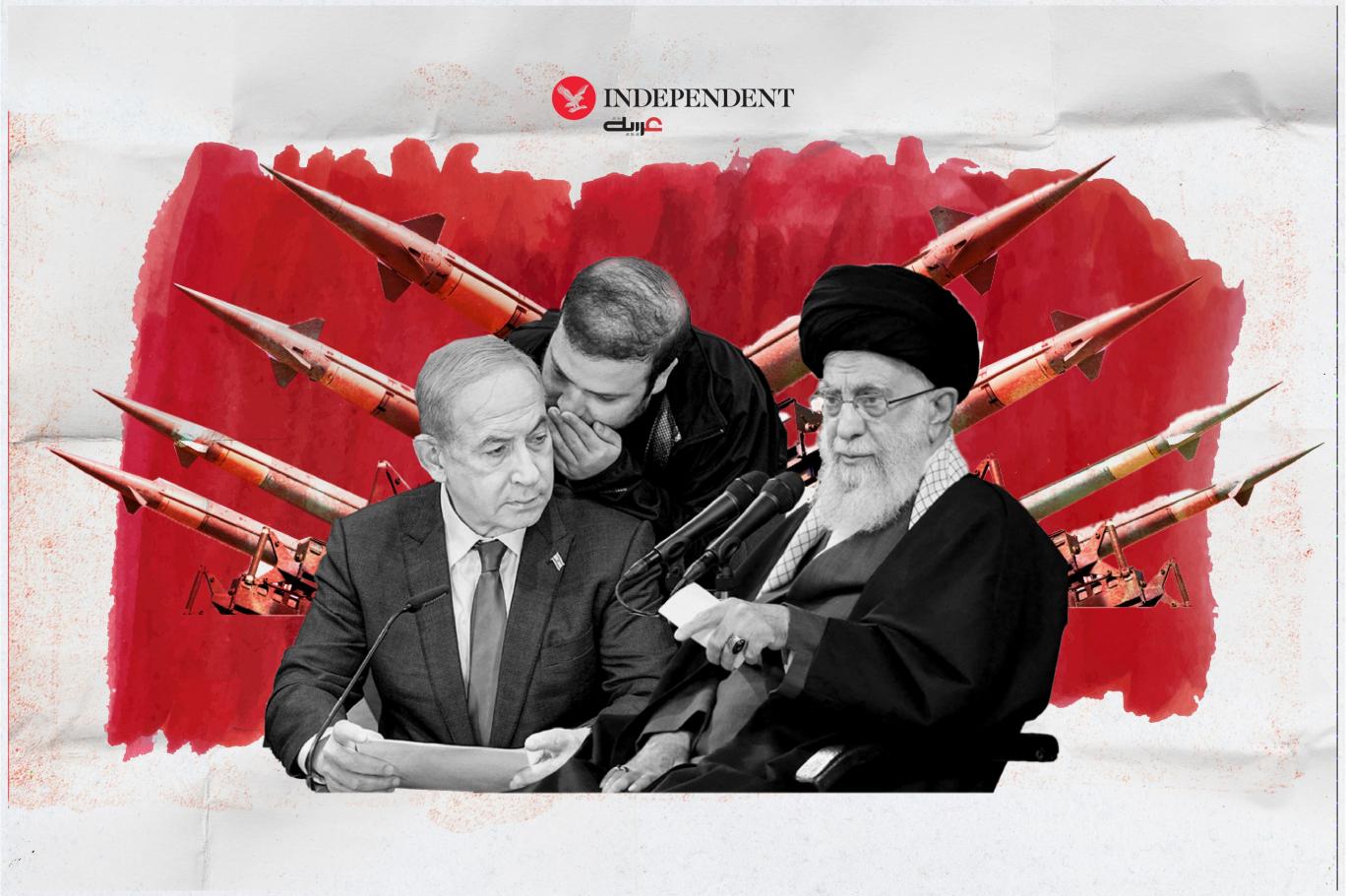Since the late 19th century, generally well-meaning idealists have tried to conjure an international judicial system that would transform diplomatic, military, and economic conflicts into legal disputes. Led by sensible legal experts (who, of course, thought as they did), the global rule of law would replace destructive strife. If the rule of law worked within nations, why shouldn’t it work internationally? Whether parading under the banner of “world government,” “global governance,” or “the rules-based international order,” this blinkered, reductionist view of foreign affairs always includes a judicial component.
After World War II, the pace quickened. The United Nations Charter created the International Court of Justice (ICJ), to which nations could bring their disputes, replacing the failed Permanent Court of International Justice (formed by the Treaty of Versailles as an adjunct of the League of Nations). No one noticed the irony. The charter admonished the Security Council “that legal disputes should as a general rule be referred by the parties” to the ICJ (Article 36), and U.N. members agreed to comply with ICJ decisions in cases to which they were parties.
Contemporaneously, the victorious Allies established the Nuremberg and Tokyo tribunals to try allegations of “crimes against peace,” war crimes, and “gross abuses of human rights” committed by Germany and Japan. These tribunals were controversial even in their day, faulted for trying ex post facto charges (thereby violating the principle Nullum crimen sine lege, “No crime without law”), for being “show trials” with largely predetermined outcomes, and for constituting mere “victors’ justice.”
Advocates of judicializing international affairs wanted more, and in 1998, by the Statute of Rome, established the International Criminal Court (ICC), seated in The Hague near the ICJ. The European Union and Bill Clinton were ardent supporters of the treaty. Clinton signed it in his administration’s waning hours, knowing there was no chance of Senate ratification. His chief negotiator described the ICC as “the ultimate weapon of international judicial intervention” and “a shiny new hammer to swing in the years ahead.” George W. Bush reversed course, ordering the treaty unsigned in 2002, effectively ending any prospect of U.S. membership far into the future. India, Russia, and China, among others, also did not join.
American opposition to both the ICC and the Rome Statute’s substantive provisions (defining four crimes: genocide, aggression, war crimes, and crimes against humanity) was hardly confined to the Bush administration. Shortly after the statute entered into force, Congress enacted the American Service-Members’ Protection Act, authorizing, among other things, “all means necessary and appropriate” to release Americans held by or on behalf of the ICC. For good reason, it was dubbed the “Hague Invasion Act.”
Simultaneously, President Bush launched a global campaign under the statute’s Article 98 to prevent U.S. citizens from being turned over to the ICC, in time securing agreements with over 100 nations. The Trump administration made further efforts to protect U.S. interests, although Joe Biden has abandoned many of them.
The ICC’s flaws are too numerous for one brief article. Fundamentally, the very concept of the ICC is illegitimate, an utterly unwarranted derogation of our constitutional, democratic sovereignty by an unaccountable entity operating in an international void. The court is not part of a coherent international-order structure. It is simply “out there” pretending to be a court in a pretend constitutional system that lacks even a pretend legislature to make laws and a pretend executive to enforce them. The ICC combines all three branches of government authority into one body, defying every American concept of separation of powers and the “structural constitutionalism” the Framers believed so critical to protecting our freedoms. Though ICC supporters claim it as vital, it is precisely this consolidating of functions that makes the court most dangerous.
The ICC is not checked anywhere in its jurisdictional reach, its legal conclusions, or its prosecutorial discretion. ICC supporters argue that its member governments ultimately control the judges and the prosecutor, but that is entirely theoretical. So far-reaching is the ICC’s purported jurisdiction that it applies even to nonmembers such as the United States and Israel when alleged crimes are committed on the territory of a state that is party to the Rome Statute. When such nonmembers try to protect themselves against the ICC’s excesses, they are accused of interfering with its independence. While the ICJ decides cases among nations, the ICC purports to exercise jurisdiction directly over individuals, authority no prior international organization ever claimed. Americans fought a revolution against such usurpations.
ICC advocates believe that if they just pretend hard enough, real governments will come to accept the prosecutor’s unaccountable decisions and follow the ICC’s orders. Unfortunately, for over two decades, it has been the court and its prosecutor that have done most of the pretending. Nonetheless, Westerners especially have a childlike capacity to pretend; they see hope in the ICC where potential aggressors see only opportunity. Those whom the threat of prosecution and punishment is supposed to deter have not been impressed, an outcome surprising to ICC partisans but not to history’s hard men. The likes of Vladimir Putin, Xi Jinping, Kim Jong-un, and Ayatollah Khamenei couldn’t care less about the threat of “legal” consequences for their actions.
The ICC’s most dangerous component is its essentially unaccountable prosecutor, whose extraordinary leeway makes U.S. “independent counsels” look tame. As with the Nuremberg and Tokyo tribunals, the Rome Statute’s substantive crimes are vaguely stated, written in broad and sweeping diplomatic prose. They do not pass muster by American standards, which require clarity and precision in criminal statutes in order to give citizens notice of what prohibitions and obligations they face. The Supreme Court has long employed the “void for vagueness” doctrine to declare unconstitutional laws that afford too much discretion to prosecutors, impermissibly putting citizens at risk of prosecution for crimes they never understood existed.
Turned loose on the Rome Statute’s definitions of crimes, U.S. courts would not hesitate to declare much of them unacceptably vague. Moreover, the statute’s drafters openly advocated expanding the list of criminal prohibitions as the prosecutor and the ICC confronted new circumstances. Here, of course, the lack of separated powers and checks and balances figures importantly. It is one thing for a popularly elected legislature to enact new criminal laws but quite another for a prosecutor accountable to the ICC alone, and a court accountable to no one, to do so, especially where the ex post facto issue arises every time a new “crime” is detected. Nor are defendants protected by jury trials, as our Sixth Amendment requires; cases are tried instead before panels of the court, juries being so 18th-century to the statute’s drafters.
ICC supporters believe that many of these concerns are overstated because of the doctrine of “complementarity.” Embodied in the statute’s Article 17, complementarity means theoretically that jurisdiction to handle serious international crimes lies primarily in member states, with the ICC involved only rarely. Although reasonable-sounding, complementarity is not some well-settled principle of international law. It is simply an academic theory, carrying about as much force in the real world as most such fantasies. In practice, the ICC decides whether states have sufficiently met their obligations, and if not, the ICC will act. States are subordinated to the ICC’s unreviewable decisions, period. This is as plain a usurpation of sovereignty, especially from constitutional democracies, as one can imagine. What other countries accept is up to them, but America bends its knee to the ICC at its own peril.
Concern about the mirage of complementarity is not hypothetical. The prosecutor’s recent decision to seek arrest warrants against Israeli prime minister Benjamin Netanyahu and defense minister Yoav Gallant, along with two Hamas officials, amid the ongoing conflict in Gaza (and other Iranian-backed terrorist threats against Israel) was a fire bell in the night that complementarity was no protection at all. Moreover, by interfering in the heat of battle, the ICC undoubtedly made resolving the war politically more difficult, all the while exhibiting the stench of moral equivalence by seeking arrest warrants against both sides as if they were equally culpable. Similar concerns apply to the prosecutor’s decision to proceed against Vladimir Putin and then–Russian defense minister Sergei Shoigu in the ongoing Ukraine conflict. Who holds the ICC to account for these unilateral decisions? The precedent for irresponsible interference in future conflicts is unmistakable.
The solution is to treat questions of whether and when to prosecute internationally as unique to their circumstances. Prosecution über alles is not the answer. Nations should take responsibility for their own citizens’ crimes even if that is impossible until there is regime change in the offending state. That may mean justice delayed, but international probity will ultimately increase only when nations accept responsibility for crimes committed in their names. Merely that the ICC can try cases more immediately is no answer. The hard reality is that many (perhaps most) contemporaneous ICC trials would be in absentia, which simply fuels grievances that provoke future conflicts. Who, for example, believes that trying Putin in absentia would increase global peace and security? The most grievous crimes ultimately require international resolution in broad political terms, not narrow legal ones. The ICC cannot bear that burden.
For Americans, the fundamental question is how to protect ourselves and our allies from this illegitimate court and prosecutor. During two decades of operation, the concerns expressed while the Rome Statute was being negotiated have too frequently become realities. “Fixes” to the ICC, of whatever magnitude, will not suffice. The institution itself is irreparably flawed.
Sporadic U.S. cooperation with ICC investigations is potentially dangerous. Indeed, the most insidious temptation is for Washington to assist the ICC when the likely accused nation is discernibly evil. In George W. Bush’s second term, for example, the United States cooperated with the ICC in the Darfur conflict and more broadly. Barack Obama found numerous opportunities, including in Kenya, Libya, and the former Zaire. Under Joe Biden, with the support of several congressional Republicans, U.S. cooperation with and rhetorical support for the ICC advanced to its highest levels, especially regarding multiple allegations of Russian war crimes in Ukraine.
Although such cooperation has not to date increased the chance that Washington will join, the risk is still real, and the allegation of hypocrisy hard to ignore. The unpleasant reality is that U.S. cooperation with the ICC when it suits us is hypocritical and ultimately damaging to America’s principled case against the ICC’s legitimacy. Biden personally demonstrated the hypocrisy when he criticized the prosecutor’s pursuit of senior Israeli officials while simultaneously supporting the ICC investigation of Russian crimes in Ukraine.
The only safe and conscientious American approach is what I have long called the “three noes”: no U.S. cooperation of any sort with the ICC, no direct or indirect financial contributions to the ICC, and no negotiations with other governments to “improve” the Rome Statute. We should continue and expand our efforts, especially with European Union members, to obtain Article 98 agreements to protect U.S. citizens. And we should continuously reexamine the adequacy of our weapons against ICC efforts to investigate American conduct.
This zombie organization cannot ultimately survive without American support. We shouldn’t give it oxygen.
This article appears as “Lawless in The Hague” in the September 2024 print edition of National Review.
John R. Bolton served as national-security adviser to President Donald Trump and as U.S. ambassador to the United Nations under President George W. Bush. He is the author of The Room Where It Happened.
This article was first published in The National Review on July 25, 2024. Click here to read the original article.









